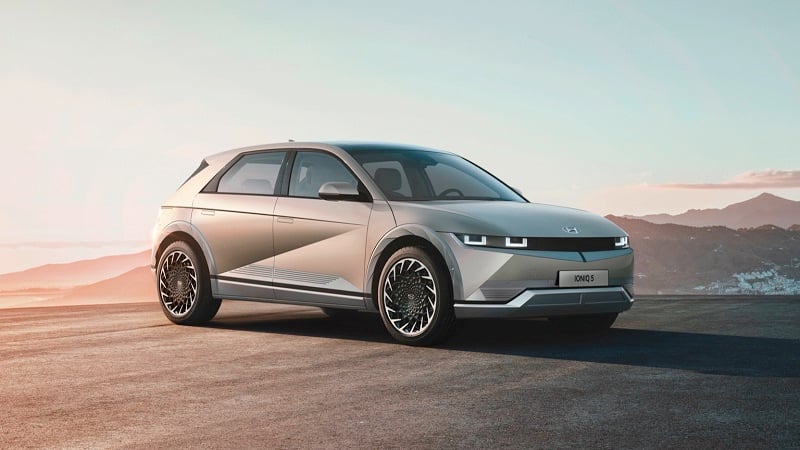5 Tips for Potential Electric Vehicle (EV) Buyers
5 Tips for Potential Electric Vehicle (EV) Buyers
Posted on September 8, 2023

The electric vehicle (EV) market has seen an explosive growth over the past few years. As battery technology has evolved and expanded the available range of current electric vehicles and prices have come down, EVs have grown in popularity and more and more consumers are taking an interest. There are multiple new Hyundai electric vehicles on the market, for example, from the IONIQ 5 and award-winning IONIQ 6 to the impressive Hyundai Kona EV, each catering the different needs and budgets. With so many models now offered, it can be difficult to know where to start when you are shopping for your next EV, but this article should help.
If you're considering making the jump to an electric car, here are five essential tips to keep in mind.
Understand Your Driving Needs:
Analyze your daily commute and travel habits. The range of modern electric vehicles ranges from as low as 150 km to over 500 km, so you can certainly find a model that fits your travel habits. The key is to know those habits so you can ensure your next EV's range matches or exceeds your daily driving needs.
Inquire about Incentives:
Many governments and local authorities offer incentives for buying EVs. These may include tax credits, rebates, or even reduced registration fees. Some areas also provide special lane access for EVs. For example, new Hyundai electric vehicles qualify for the Canadian government’s iZEV EV incentive program which provides potential buyers with up to $5,000 in rebates. That said, there are also multiple municipal rebates on the installation of a charging station at home that you may want to look into.
Home Charging Infrastructure:
Most EV owners charge their vehicles at home. Before buying, ensure you have a suitable space for a home charging station. While standard outlets can charge an EV, installing a Level 2 charger accelerates the process. Some areas offer rebates for home charger installation.
Consider Total Cost of Ownership:
EVs often have fewer moving parts than traditional vehicles, which can lead to lower maintenance costs. You should factor in electricity costs against what you'd normally spend on gasoline. Often, the cost of "refueling" an EV is less than filling a tank with gas, especially if you can charge during off-peak electricity hours. For most EV buyers, it is considerably less expensive to drive an electric vehicle, but you should still make the calculation factoring the difference in starting price between an EV and say, a new Hyundai Elantra or Hyundai Tucson while factoring in your driving habits to ensure you are getting the most for your money.
Research Model Options and Reviews:
As the EV market expands, so do your choices. From compact cars to SUVs, there's likely an electric option that fits your needs. Read reviews, both professional and user-generated. These can provide insights into real-world range, reliability, and other factors that might not be immediately evident from manufacturer specs.
In conclusion, the transition to electric vehicles represents not just a shift in transportation but in mindset. As with any significant purchase, it pays to be well-informed. By considering your driving needs, understanding available incentives, preparing your home charging infrastructure, analyzing the total cost of ownership, and researching thoroughly, you'll be in an excellent position to make the best choice for your electric future.
